This year’s heavy rainy season in the Gofa region, south-west of Ethiopia, caused a tragedy with international repercussions, with landslides claiming the lives of nearly 260 people.
To avoid a repeat of this tragedy in an inaccessible area with clay soils that threaten new landslides, the authorities decided to evacuate thousands of people immediately, sending them to temporary camps. This has exacerbated the need to help the inhabitants of the Gofa mountains to enable them to live in decent conditions, find a new home on their lands and avoid moving to the city or to the diaspora.
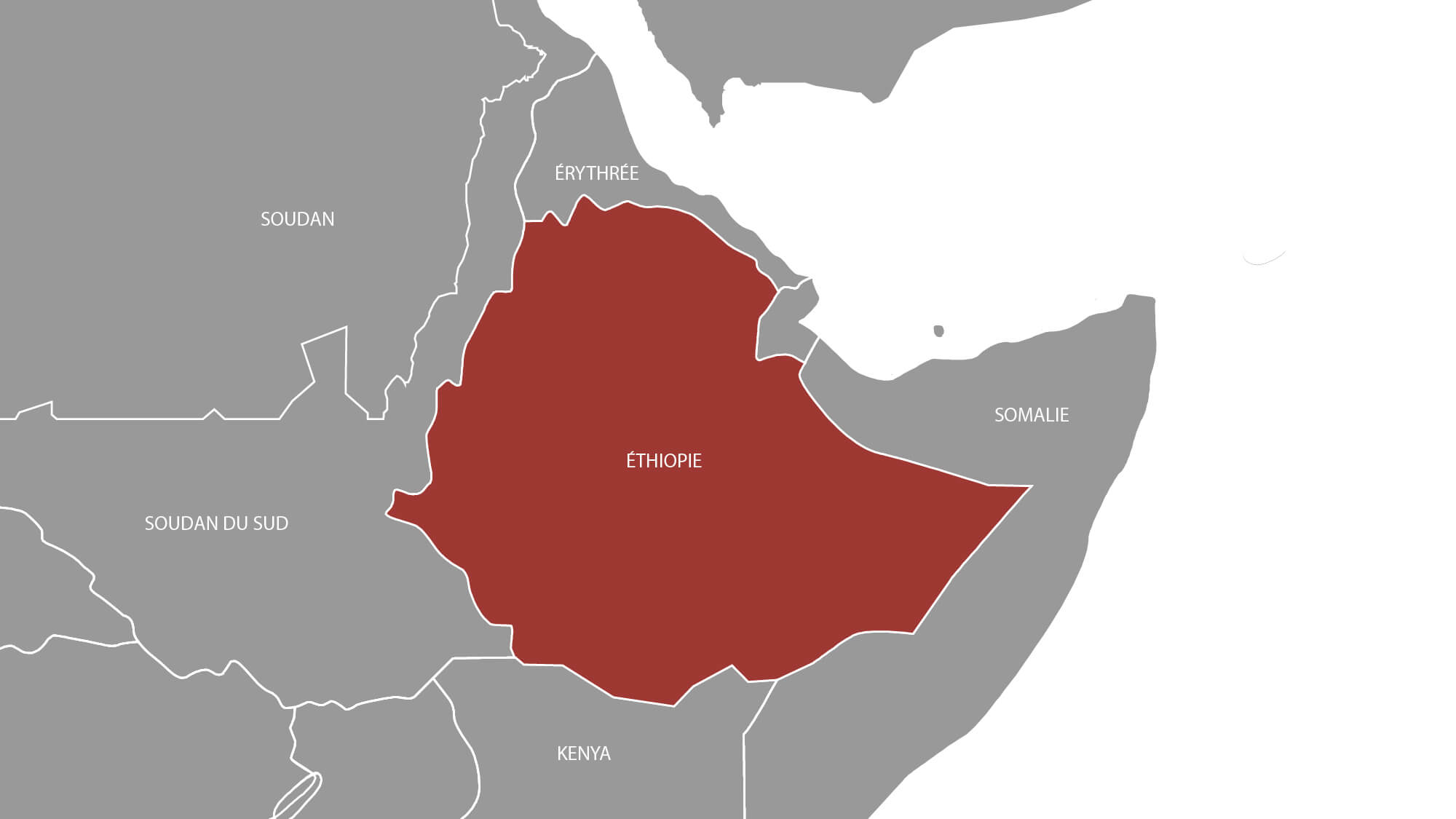

In Gofa, a remote mountainous region, beauty and natural hazards are equal. Its population of farmers, vegetable traders and cattle herders lived a modest life until many lost everything in summer landslides triggered by tropical rains.
The temptation to leave these fertile and productive lands is strong for many families who have lost everything, including their loved ones. But the community needs to be empowered to rebuild, and many are asking for help to rebuild and stay on their land.
The local Catholic Church, through its charity Caritas, is one of the main actors on the ground. Survivors and evacuees spread across several camps, who are having to endure the hardships of living in hastily constructed camps made of tents and metal sheets.
The largest of these camps, the Caritas’ one, can accommodate up to 4,500 people.
In these situations, SOS Chrétiens d’Orient expressed its willingness to help and accepted Caritas’ proposition to finance sanitary equipment, or more precisely to buy water tanks, soap, shower hoses and water disinfection tablets.
Consequently, thousands of displaced people from Gofa will be able to drink clean water and use decent sanitation facilities, while they wait for housing to be secured in their neighbourhood.
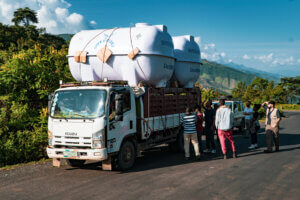
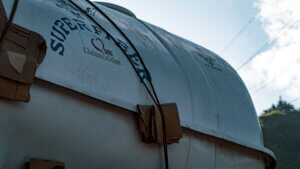
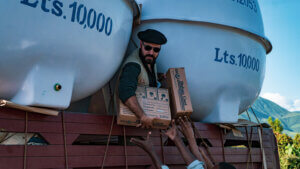
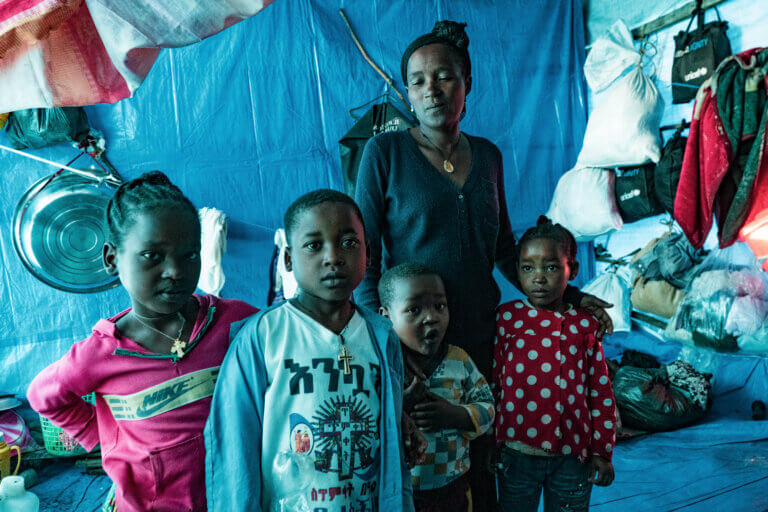
I’ve lost my house, my husband, our field and our belongings. I don’t want to move to the city with my children, I’d like them to be able to live here, but for now, we’re waiting for a new home and have to live in these plastic shelters.